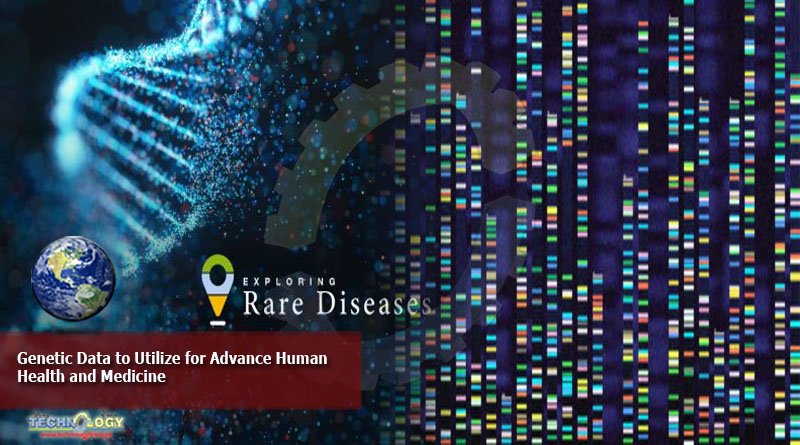The study, published in the American Journal of Human Genetics, highlights the extent to which public audiences are unfamiliar with, and unwilling to participate in, genomic research. This lack of trust in who data is shared with could significantly hinder genomic research, which relies on the ability for clinicians, non-profit and for-profit researchers to share genetic data with each other across the world.

The largest ever survey on global public attitudes towards genomic research and data sharing suggests that work is needed to raise levels of public trust in how genetic data is used in order for that data to fulfil its promise to advance human health and medicine.
Researchers from the Society and Ethics Research group at Connecting Science and their collaborators found that less than half of those surveyed would be happy for their genetic information to be shared for more than one purpose.
To gauge public attitudes towards genomic research and data sharing, researchers in the Society and Ethics Research Group and collaborators across the world delivered the ‘Your DNA, Your Say’ survey, which was completed by 36,268 members of the public across 22 countries and in 15 languages. The work contributes to policy for the Global Alliance for Genomics and Health (GA4GH), the international community standards organization for genomics.
In total, around two in three respondents said they were unfamiliar with DNA, genetics and genomics. While 52 per cent of people said they would donate anonymous DNA and medical information for use by medical doctors, just one in three said they would donate it for use by for-profit companies. Overall, just 42 per cent of respondents said they would trust at least two individuals or organisations with their DNA and health information.
The global nature of the study revealed some national idiosyncrasies. Fewer than 30% of participants in Germany, Poland, Russia and Egypt said they trusted more than one user of data; whereas more than 50% in China, India, UK and Pakistan trusted multiple users. In some countries – most notably India, but to a lesser extent the USA, China and Pakistan – the distinction between non-profit and for-profit research is less distinct, with slightly greater acceptance of the need to share data with for-profit organisations.
Professor Anna Middleton, Head of Society and Ethics Research in Connecting Science at the Wellcome Genome Campus and lead author of the study, said: “Genomic research is at heart a Big Data science, but it can be easy to forget that each data point originally belonged to a human being. We have shown that public willingness to donate genomic data and trust in data sharing is low around the globe; it is time for the research community to take this seriously. A loss of a global trust could irreparably damage our ability to carry out genomic research, stalling access to important societal benefits. Genomic research exists to serve society, not the other way around.”
Originally published by Cambridge Network
